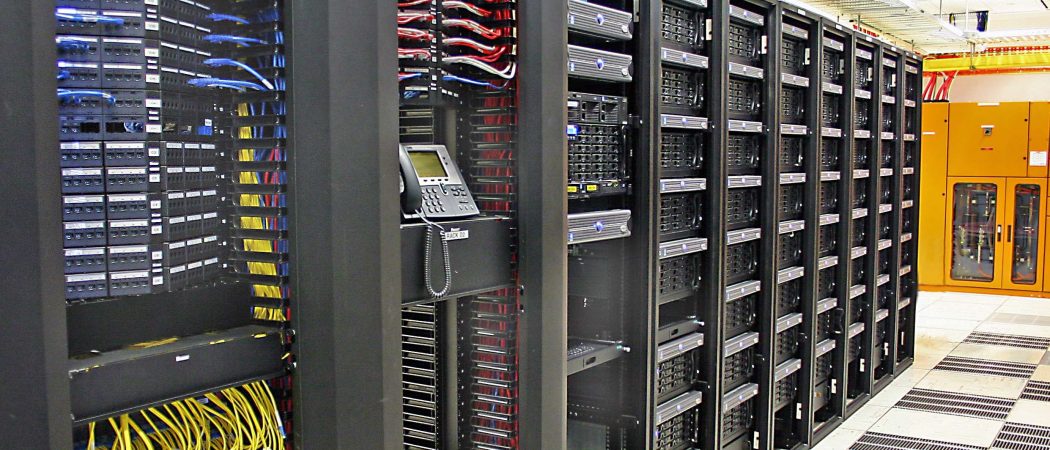"*" indicates required fields
Delivering fast and reliable communication in the current world economy is very important for business growth. Fiber optic technology is at the heart of this, providing quick and reliable data transmission. These cables must be placed correctly when installing internet services or a complicated network. That is why hiring a certified fiber optic cable installer becomes so crucial. This blog post will analyze why certification is necessary and what advantages a fiber optic cable installer in NJ has.

Fiber optic technology transmits data by light through fragile glass or plastic fiber. Its speed and reliability are much higher than those of legacy cables, such as copper ones. Fiber optics are widely used in carrying or transmitting internet services and telecommunication and networking architectures.
Certification guarantees that installers have adequate knowledge of handling fiber optic cables. This ensures the process is safe, efficient, and, most importantly, high-quality. Here is a breakdown of why certification is crucial.
Certification can be defined as a process through which an installer has undergone further training and tests concerning fiber optic installation. Certified installers have demonstrated their ability in splicing, voltage testing, troubleshooting fiber optics, and safety measures. This certification assures the clients that the installer is competent and trustworthy.
Certified installers work according to the guidelines laid down by cable installer organizations such as the Fiber Optic Association (FOA) and Electronics Technicians Association (ETA). These standards effectively maintain standards and quality for fiber optic installations. Adhering to these guidelines aids in avoiding errors and increases the network’s performance and dependability.
Certification programs help obtain wide-ranging education about fibers, equipment, and methods used in fiber optic systems. A professional fiber optic cable installer in NJ can handle problems and installations and even do the most precise measurements to guarantee that each installation operates at its best. Their knowledge prevents expensive mistakes and offers the network’s durability and productivity.
Professional installation also enhances the quality of the products by ensuring that they are installed correctly and according to industry standards. This leads to a solid and serviceable network within the high-quality company. When hiring a certified installer of the fiber optic system, the individuals are confident that the installed system will be efficient.
Installation plays a massive role in the functionality and durability of fiber optic networks. A certified installer works to guarantee an excellent mechanical connection, excellent splices, and the lowest possible signal attenuation. This method eventually gives a network that has a speed of delivering high data with few interferences, increasing productivity.
Safety is one of the most crucial issues while installing fiber optics. Certified installers work within specific safety guidelines to ensure nothing destructive happens and work safely. They learn to deal with dangers, use protective devices, and meet authorized standards.
Most manufacturers and service providers only provide a warranty and technical support if certified specialists do object installation. Certified professional installers will provide the necessary technical support and maintenance services within the framework of these warranties. This ensures you do not lose your investment in fiber optic technology and offers you peace of mind.
Non-certified installers may need more skills and knowledge for high-quality installations. This can lead to poor connections, signal loss, and frequent network failures. These issues can disrupt business operations, increasing downtime and costly repairs.
Improper installation can pose significant safety risks. Non-certified installers might need to follow necessary safety protocols, increasing the likelihood of accidents and injuries. Ensuring safety compliance is crucial to protect both personnel and equipment.
Using non-certified installers can void manufacturer warranties and limit access to technical support. This leaves businesses vulnerable to additional costs for repairs and maintenance and potential legal liabilities in case of network failures or safety incidents.
Start by researching potential installers and checking their credentials. Look for certifications from reputable organizations like the FOA or ETA. Reading reviews and testimonials from previous clients can provide valuable insights into the quality of their work and customer satisfaction.
When hiring someone for a job, asking for price estimates from several qualified and trusted professionals is wise. While finding a reasonable price is essential, there’s more to consider. Pay attention to the quality of the materials they plan to use, what kind of guarantee they offer on their work, and how easy they are to reach if you need help or have questions. Choosing someone who provides good value for your money is best, meaning they offer high-quality service and materials at a reasonable price without cutting corners.
Network Drops offers certified and experienced fiber optic installers who deliver top-notch services for NJ businesses needing professional fiber optic installation. Our team ensures the highest quality, performance, and safety standards. Contact us today to discuss your fiber optic needs and experience the benefits of working with a certified professional fiber optic installer in NJ.
Hiring a certified fiber optic cable installer is essential for ensuring your network’s quality, performance, and safety. Certified installers bring expertise, adhere to industry standards, and assure warranties and ongoing support. Choosing an experienced and skilled fiber optic cable installer in NJ protects your investment and ensures a reliable, high-speed network that meets your business’s needs.
Certified installers are trained in industry standards and proper handling techniques. This ensures a reliable, high-performing network with minimal risk of damage or future issues.
Reputable certifications include CFOT (The Fiber Optic Association) or BICSI credentials. These demonstrate the installer’s knowledge and skills in fiber optic installation.
Fiber optic installation is handled by certified technicians employed by specialist companies. They possess the expertise and tools for safe and efficient deployment.
While upfront costs might be slightly higher, certified installers offer quality work, warranties, and support, ultimately saving you money on potential repairs or network downtime.
A certified installer will conduct a site survey, recommend cable routes, install and test the network, and provide clear explanations throughout the process.